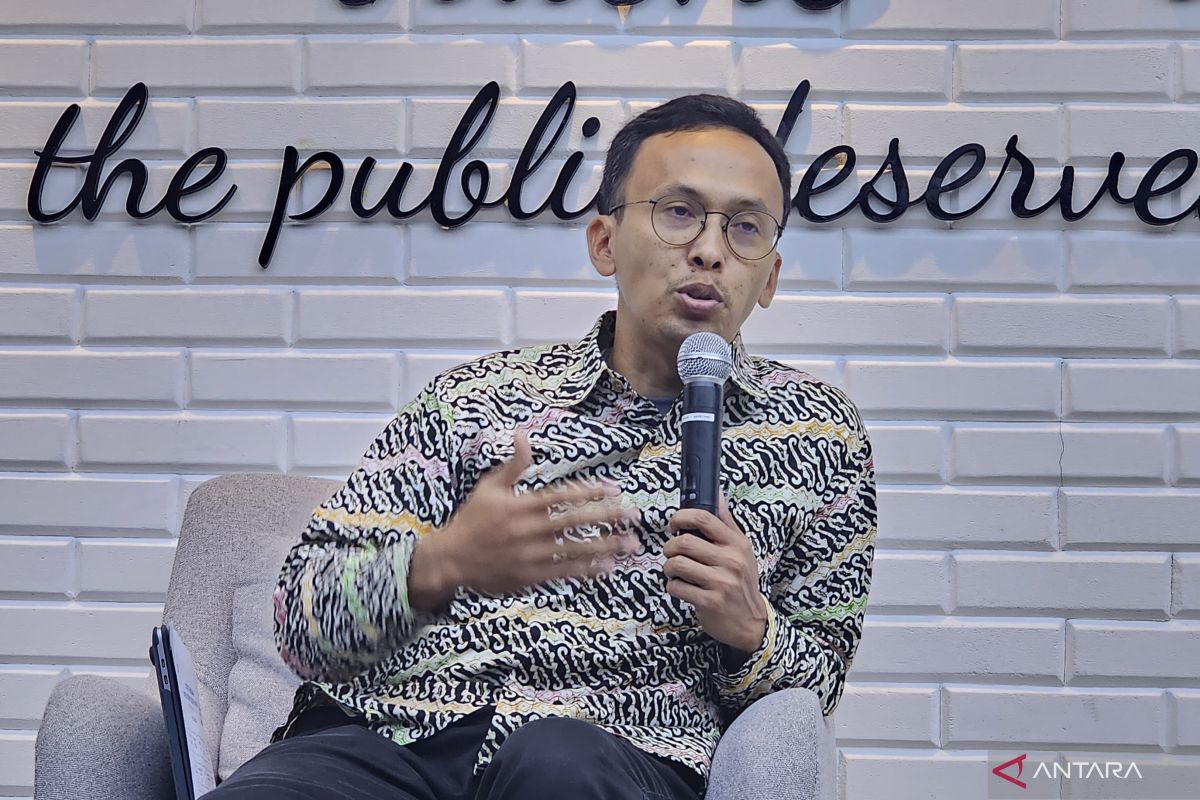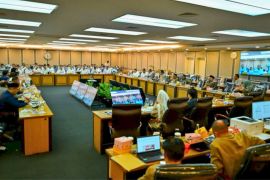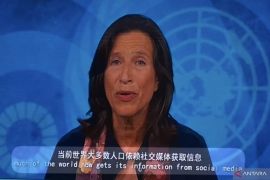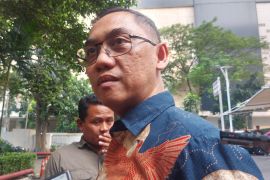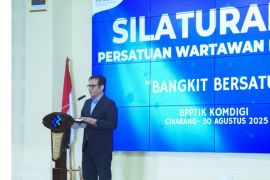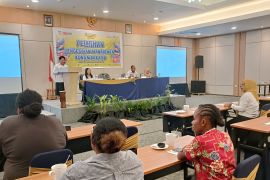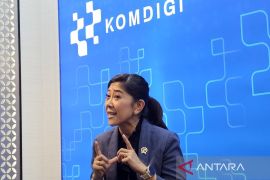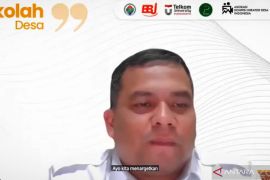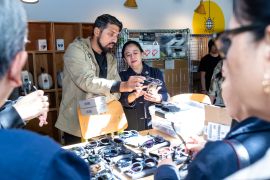"With a blacklist (model), all content can be accessed by the community first. If there is violating (content), we will filter it," he remarked at the office of the Ministry of Communication and Informatics in Jakarta on Friday.
The government chose the blacklist content control model to uphold the mandate of the Indonesian government's system that adheres to democracy and freedom of expression.
This differs from the whitelist content control model, which is stringent in nature and applied in China.
Arifiyadi explained that the whitelist model prioritizes very strict content screening at the start by the government before content can be distributed in the digital space.
He noted that in countries that apply the whitelist model, almost 80 percent of the content management is supervised by the government. The community will receive the information that has been filtered.
"With the whitelist (model), it (the digital space) is cleaner, but do you know what the disadvantage is? Democracy. The democracy will be at risk, people's freedom of expression will also be limited," he explained.
According to the Ministry of Communication and Informatics, content on digital platforms that must be blocked included pornography, child pornography, gambling, blackmail, fraud, violence or child abuse, and defamation.
Furthermore, it included content that violated intellectual property rights; products with special regulations; provocations related to ethnicity, religion, race, and societal group (SARA); fake news or hoaxes; terrorism or radicalism; as well as information or electronic documents that violate the law.
It was recorded that from August 2018 to June 26, 2024, the ministry had blocked 5,999,861 items of negative content in Indonesia's digital space.
The ministry has most frequently prohibited content related to gambling and pornography. The ministry blocked some 2,548,743 items of gambling content and 1,219,257 items of pornographic content.
Related news: Ministry blocks 56 pieces of exploitative digital content
Related news: Digital literacy important to prevent spread of violent content
Related news: Kominfo pushes three strategies to handle negative online content
Translator: Livia Kristianti, Raka Adji
Editor: Azis Kurmala
Copyright © ANTARA 2024
